Like Pulling Teeth
On dental drama, a tooth for every baby, milestones, dental fricatives & love to all the "muvvers"
I spent last week consumed with thoughts and worries about teeth. After weeks of having a wiggly baby tooth, my youngest finally lost her first one. The following day, my older child broke one of his top adult teeth in half while playing with friends. The kicker is that before Christmas, we started some orthodontist consultations with my oldest. The same week he broke his tooth in half, he was supposed to get fitted for a dental device that would protect that exact tooth. Unlucky timing.
At my own dental check-up recently, I was told I would likely need to get one of my wisdom teeth removed. It all seems like a dental-themed metaphor for life: children growing, losing teeth, breaking others, time passing, me growing older, losing adult teeth and perhaps, some of my wisdom. We have control over nothing! Or, am I reading too much into it?
Last October, I was already deep in dental thoughts when I wrote an essay about teeth-grinding and mom-shaming at the dentist for an upcoming book about motherhood. You thought that dental stuff was essay-worthy, the universe shook her finger at me last week. You haven’t seen anything yet! I don’t want to talk too much about that essay as I would love for you to read it when the book is out in September, but it was about worrying about kids’ teeth, grinding my own, the shame mothers often feel at the dentist’s office and dental fricatives (more on the last one below).
After I submitted the essay, I realized I forgot to include one of my favourite idioms:
It is a common saying in many languages. Danish has “et barn, en tand” (a child, a tooth) and in German, it is “jedes kind kostet die Mutter einen zahn” (every child costs the mother one tooth). And there is truth to it as studies have shown that the more children a woman has, the more teeth she is likely to lose, for a variety of different reasons. Pregnant women may be less likely to visit the dentist and they may experience changes in periodontal health, for example. You can read more about “the curious link between motherhood and dental issues” here.
As a linguist, when I think about teeth, I also think about dental fricatives, the fricative consonant pronounced with the tip of the tongue against the front teeth. In the English language, there are two: ð (eth) like in the, this and teething and θ (theta), like in think and yes, teeth. Back in the fall, my daughter was struggling with the th sound while learning to read and would get frustrated trying to pronounce it. She isn’t bothered by it so much anymore and this week, the word mother even appeared in her reading book. I mean, impeccable timing for this newsletter! (Dental fricatives can of course appear in the middle of words, not just at the beginning.)
other. mother. love. No, the rest of the book is not as poetic.
Dental fricatives are rare and found in a very small number of the world’s 6000+ spoken languages. They are often incredibly difficult to pronounce for people who are learning English as an additional language. Typically-developing children acquire them a lot later than other consonants in the English language, often closer to four years old. Again, because they are not easy to produce.
Depending on the speaker and the variety of English, the /ð/ can be produced as [d], and between two vowels as [v]. In Cockney, for example, and other varieties of English, /θ/ is produced as [f] (ex. thing sounds more like fing) . This is called th-fronting. I am not a phonetician so I won’t dive deeper here, but there are some incredible linguists doing fascinating work in the area of how people use linguistic variation to construct and perform identities.
Dental fricatives are often part of discussions on linguistic discrimination and linguistic racism as fronting, or pronouncing /ð/as [v] or /θ/ as [f] continues to be stigmatized in English varieties. My forever friendly reminder: it is discriminatory and often, racist to consider one English variety proper, correct, right. No one’s English variety is better than someone else’s. If you’re interested in Black Vernacular English, another variety of English where these features are present, I highly recommend April Baker-Bell’s Linguistic Justice: Black Language, Literacy, Identity, and Pedagogy.
A few years ago, some of the worst British newspapers misinterpreted a linguistic report on predictions for the English language and ran some sensational and absurd headlines pushing their conservative agendas. The authors of the report, who were also looking at how language change would affect speech recognition technology, predicted an increase in th-fronting in the next 50 years.
From that, these newspapers reported that, “the th sound will vanish from the English language by 2066 because of multiculturalism” or, because of “foreigners” and “immigration”. These articles fittingly coincided with the xenophobic Brexit leave campaign. Remember how I cautioned against reading about scientific studies in mainstream media in an earlier newsletter, this is a perfect example of comments taken out of context and using predictions as fact.
A line from one of the trashy newspaper articles: “many foreigners struggle to pronounce interdental consonants…'th' sound…is likely to change to be replaced [by] an 'f', 'd', or 'v' meaning 'mother' will be pronounced 'muvver' and 'thick' will be voiced as 'fick'.”
In solidarity with all the foreigners and immigrants, I say, that’s fick muvver to you!
Right after my daughter lost her first tooth last week, she started to cry. She wasn’t sure why she was crying, she said, but to me, it made sense. Losing your first baby tooth is a huge milestone. I too burst into tears later in the day. It reminded me of something else I was considering not long ago and how bittersweet and emotional motherhood and babyhood milestones can be.
Earlier this week, this popped up on my Instagram from the fabulous illustrator and author, Emma Ahlqvist:
In Korean, wisdom teeth are called love teeth (sa-rang-nee) because their growth often coincides with the pain of first love. Perhaps the potential upcoming removal of one of my wisdom teeth, or rather, love teeth is all about the love and pain of letting go, a constant in parenthood. Or, maybe I am reading too much into it and need to floss more.
As always, thank you for reading.
A few more related things:
In Arabic, wisdom teeth are called ders-al-a’qel (teeth of the mind) and muelas del juicio (teeth of judgment) in Spanish. In Japanese, they are oyashirazu (unknown to the parents) because it is a sign of adulthood and moving away from parents (sob!) and in Turkish, they are referred to as, 20th-year teeth (yirmi yaş dişleri or yirmi yaş dişi).
Some great dental-related English idioms:
Long in the Tooth : someone who is older or ageing. Comes from the idea that when horses age, their gums recede and their teeth appear longer. You’re basically an old horse.
Bite Off More Than You Can Chew: taking on more than you can handle. I used this idiom this week in an email, go figure.
Bite Your Tongue: stop yourself from saying something. Shakespeare is credited with this one and it also reminds me of the Romeo & Juliet scene, “do you bite your thumb at us, sir?”
Set Teeth On Edge: distaste for something, an unpleasant tingling in your teeth.
Scarce as a Hen’s Teeth: something rare.
And of course, Like Pulling Teeth: Something difficult to do.
And unrelated to teeth but so so important and heartbreaking: I am following the devastating news of the earthquake in Turkey and Syria. Here are some places to donate: Red Cross, Save the Children and Unicef




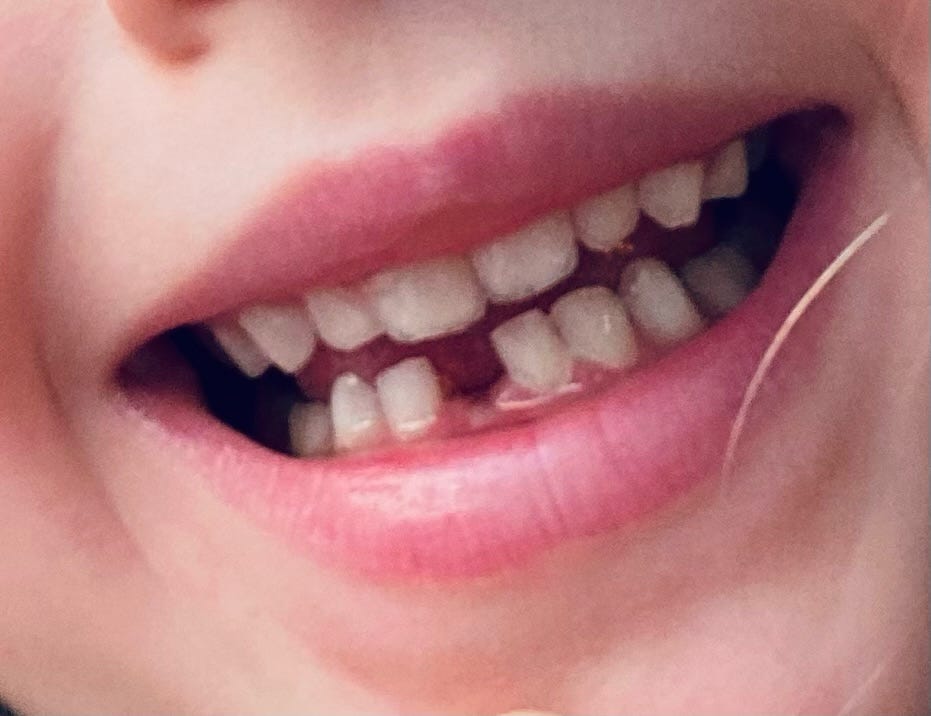
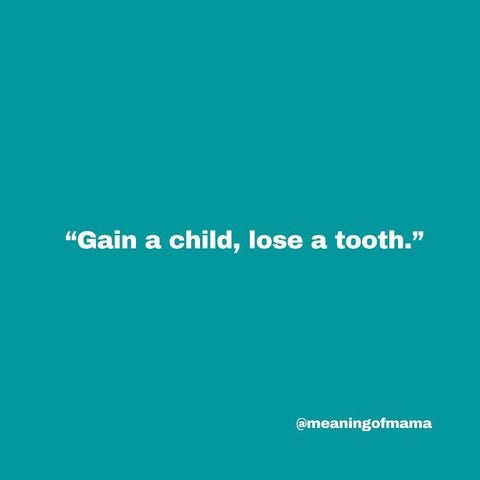

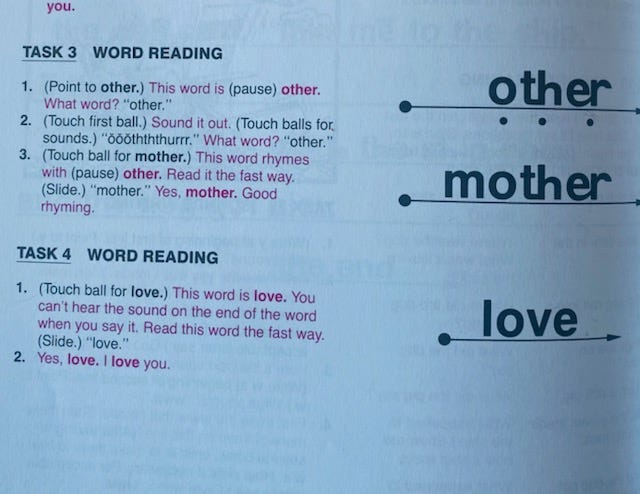

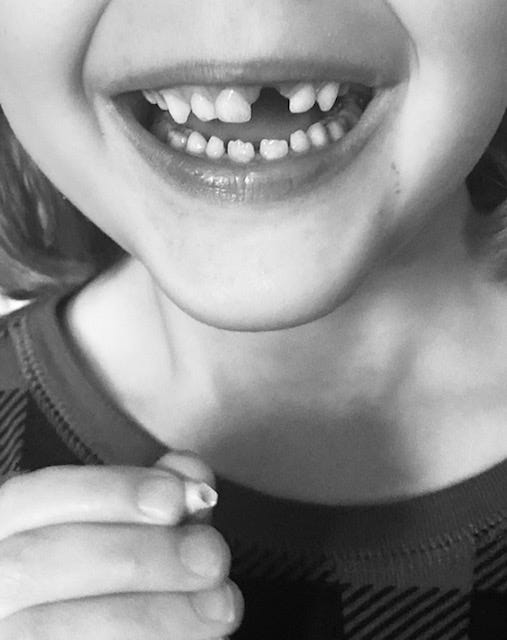

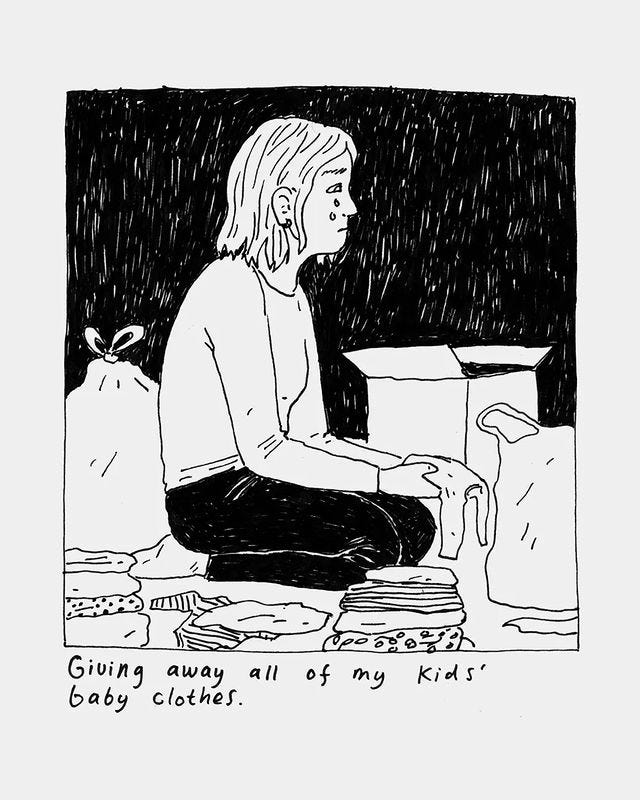
I’m basically an old horse:) Thank you Malwina and you will still be wise without your wisdom teeth. Xxx